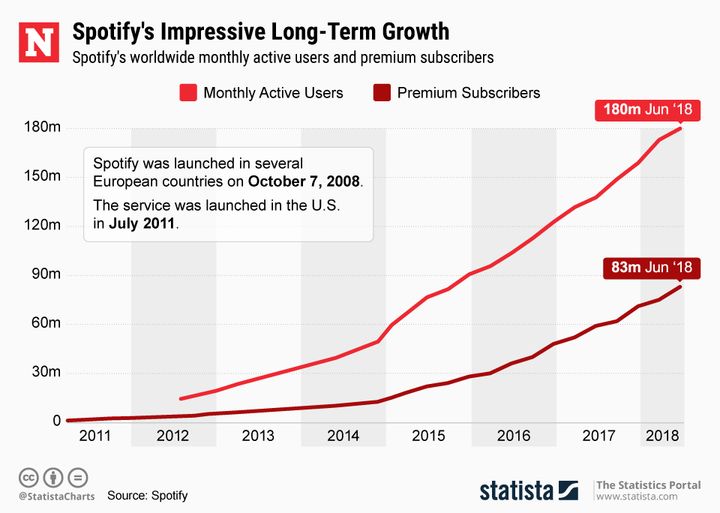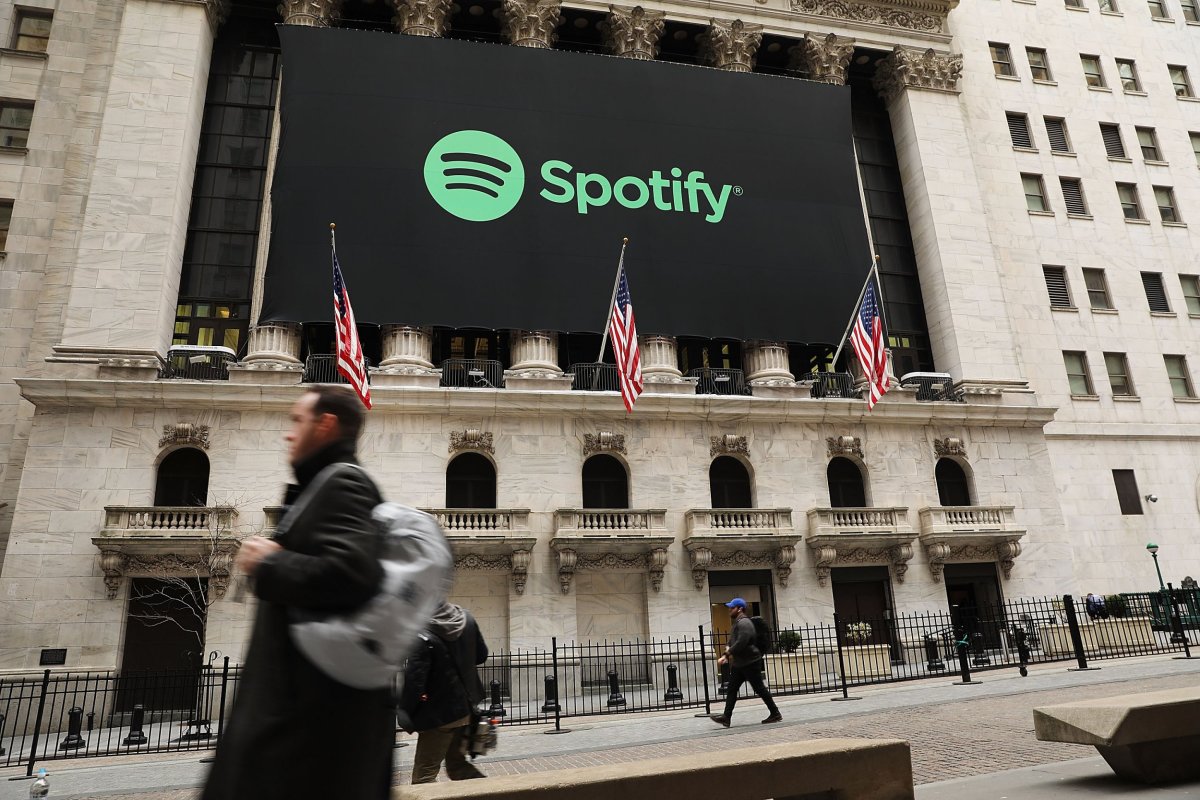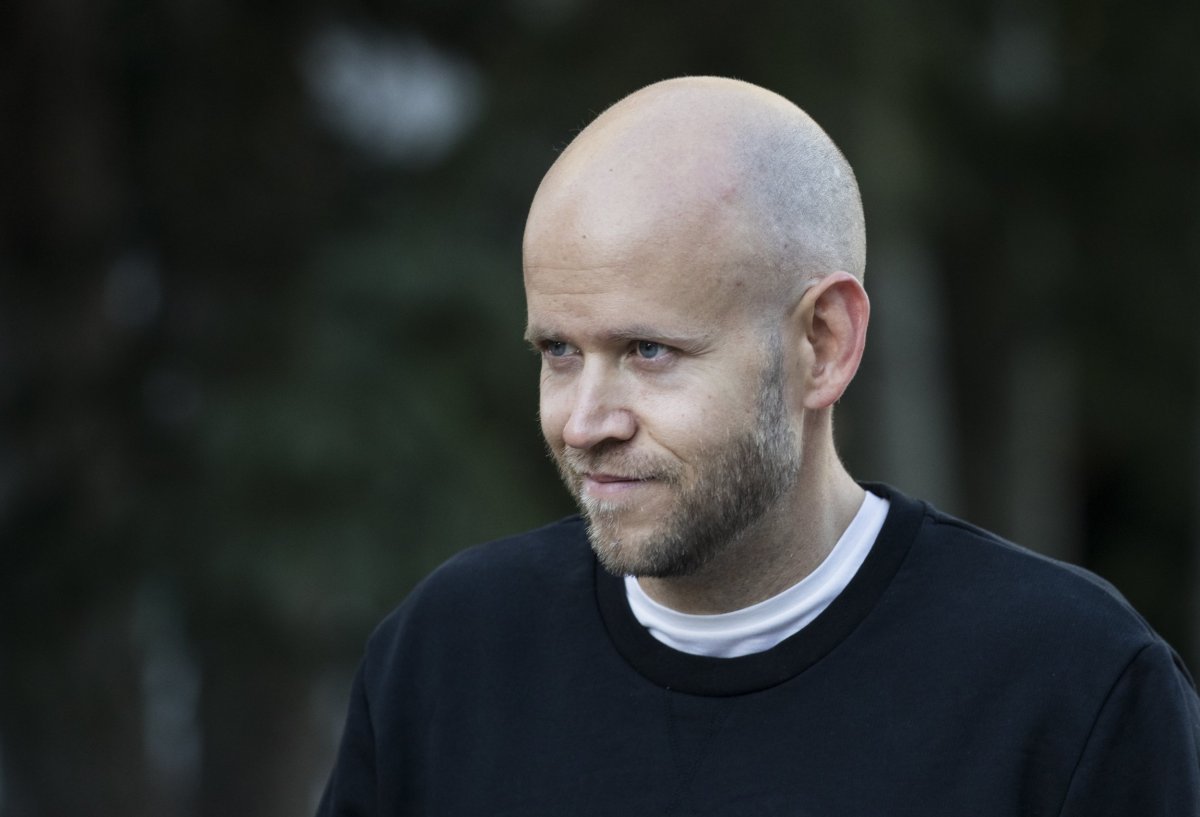
Ten years ago, Daniel Ek and Martin Lorentzon founded Spotify—the Sweden-based music streaming platform now used by 180 million people around the world.
The core statistics pretty much speak for themselves: Millions of paying subscribers, more than 35 million songs, 65 markets globally. There is little doubt the business has competition, but Spotify had a major head start and, as a result, still dominates its corner of the market.
In celebration of its 10-year anniversary, the data gurus at Statista tracked its performance over the years, plotting the growth of the firm's monthly active users and premium subscribers. They concluded that despite an initial uphill battle, an early bet on streaming clearly paid off (graphic above).
From its launch in 2008 until 2013, Spotify had amassed roughly 30 million active users and 8 million premium subscribers. Through the next five years of operation, its performance spiked. By June this year, it had reached 180 million users and 83 million premium subscribers.
In April, it was taken public on the New York Stock Exchange. Now it's valued at $28.9 billion.
Spotify works on a model that offers both free and paid options. It is a model that, according to the European Commission, has contributed to a reduction in the pirate downloading of music.
The app emerged in a time when peer-to-peer downloading and torrenting was rife and while it rode the wave of the digital revolution, was criticized by artists over its compensation structure. Some musicians—including Taylor Swift and Prince—resisted using the platform.
But the march towards streaming only gathered pace in recent years, and the market is now swamped with alternatives. Technology giants and celebrities have launched their own services, including Amazon, Android, Apple and Tidal, each to varying degrees of success. The biggest direct competitor to Spotify, Apple Music, boasts more than 50 million subscribers.
The biggest one-to-watch will potentially be YouTube Music, which launched in June this year.
Read more: Spotify at 10: Who are the most streamed artists?

Not that Spotify's founder Ek, 35, appears to be too concerned, at least publicly.
"You'd be surprised if you sat in on our management meetings or sat in on the company, how little we actually talk about competition," he said in a recent Recode interview.
"Most of the time, what we talk about is what we're seeing in the market, what we're seeing in terms of what our customers are telling us, what we're seeing in terms of what artists are telling us. And frankly, they don't talk that much about competition."
Speculation has persisted that the company is planning to create physical speakers, which would bring it further into competition with the likes of Amazon, Google and Facebook. It has also moved into live concerts. On such changes, Spotify's CEO knows he has to keep adapting.
Ek, who is now a billionaire according to a profile published by Forbes, reflected on his firm's impressive growth during an interview with the website Fast Company earlier this year.
"It wasn't like Spotify was this amazing idea from day one," he said. "The idea has evolved. If the first 10 years for us was about fixing the consumer experience, the next 10 years is about an equal amount of focus on making sure that the music industry sees the same transformation that the consumer side has seen," the founder added. "That's the next phase of the mission."

Uncommon Knowledge
Newsweek is committed to challenging conventional wisdom and finding connections in the search for common ground.
Newsweek is committed to challenging conventional wisdom and finding connections in the search for common ground.
About the writer
Jason Murdock is a staff reporter for Newsweek.
Based in London, Murdock previously covered cybersecurity for the International Business Times UK ... Read more
To read how Newsweek uses AI as a newsroom tool, Click here.








